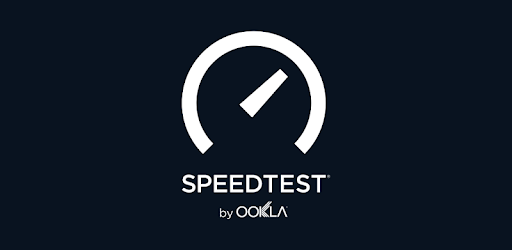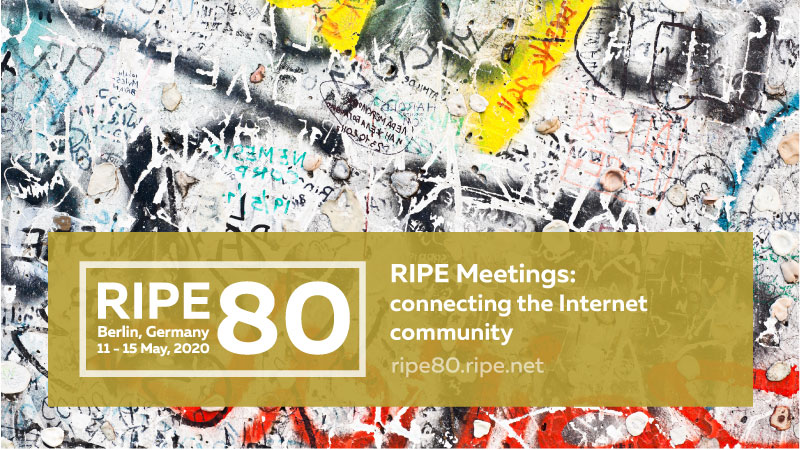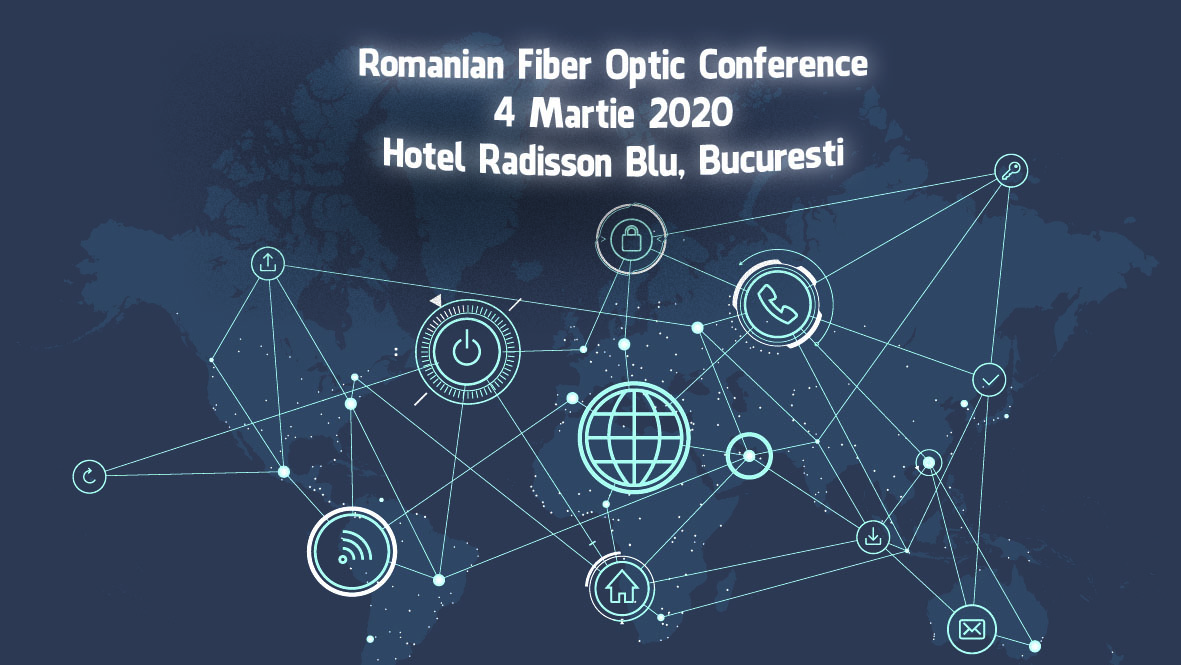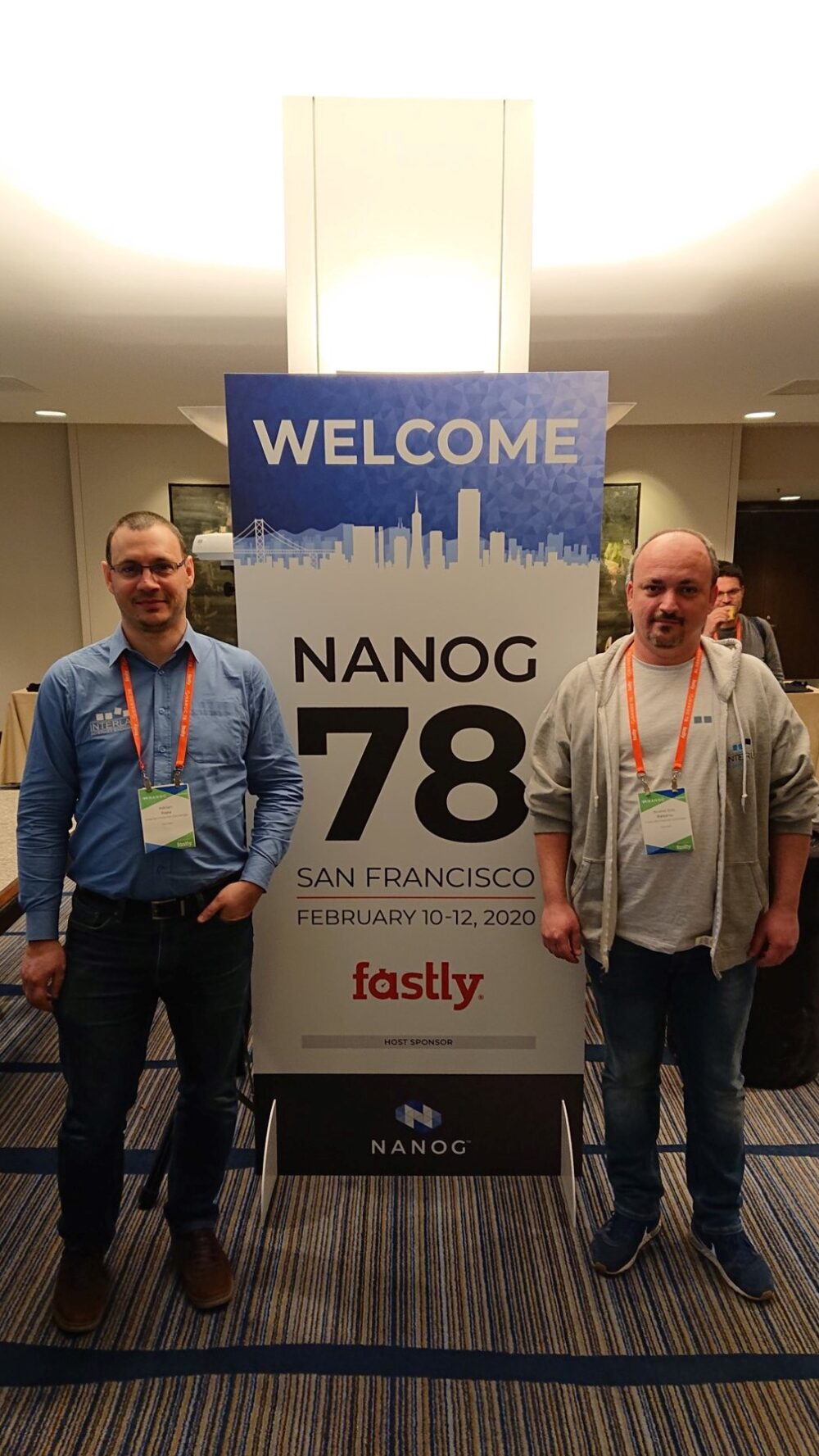News
2020-07-15 - InterLAN Internet Exchange hosts a speedtest.net server!
Speedtest.net is a global network of servers designed to test the speed of Internet connections. Millions of tests are performed daily on different servers provided by third party operators – internet service providers, hosting providers etc. Starting with July 15, InterLAN Internet Exchange provides a Speedtest server located in Bucharest, with a 10 Gbps connection. Users who want to test the connectivity with InterLAN Internet Exchange platform can select the InterLAN server from the list of available servers on www.speedtest.net. If the InterLAN server does not appear on the list, it can be searched and selected manually.
How fast is your internet? Test your internet speed on www.speedtest.net!

2020-07-14 - NTP public server – a new service available in InterLAN Internet Exchange starting with 10 July
The time servers read the real time from a reference clock and distribute the information further through computer networks, which can be local or public. The protocol used to distribute and synchronize time on the Internet is called NTP (Network Time Protocol). Starting with 10 July InterLAN hosts an NTP public server, available on both IPv4 and IPv6 internet addresses. More information about the ro.pool.ntp.org can be found at https://www.ntppool.org/zone/ro.

2020-05-14 - Online Trust and COVID-19: What’s next for Encryption in Europe?
On May 14, 2020, the event “Online Trust and COVID-19: What’s next for Encryption in Europe?” takes place with the participation of Angela Stănescu on behalf of InterLAN Internet Exchange. This global webinar series featuring world-leading security and technology experts explore how encryption is a critical tool helping people and countries navigate a global health crisis.
More details about the event here.

2020-05-12 - RIPE 80
Between 12 – 14 May 2020 takes place the RIPE 80 online event organized by RIPE attended by Eric Băleanu and Angela Stănescu on behalf of InterLan Internet Exchange. The event brings together Internet service providers (ISPs), network operators and other stakeholders from around the world. The Interlan delegation participates in the 3 days of presentations, tutorial sessions, workshops and free discussions.
More details about the event here

2020-05-07 - Privacy issues in the aftermath of Covid-19
On May 7 takes places the ISOC Informal Chat on the topic: «Privacy issues in the aftermath of Covid-19» and the InterLAN Internet Exchange delegation, Angela Stănescu, Eric Andrei Băleanu and Cristian Copcea takes part of the event.
Speakers and participants discussed issues relating to privacy, security, trust, and the technical solutions proposed for tracking and tracing Covid-19 contagion.
More detail about the event here.
2020-04-29 - History TV HD is available via multicast stream on the Interlan TVX Platform
History TV HD has become available via multicast streaming on the InterLAN TVX platform.

The complete list of TV channels available on InterLAN TVX Platform can be found here.
2020-04-29 - ICOMM 2020: Fostering Infrastructure and Technical Communities
On 29 april 2020 takes places “ICOMM 2020: Fostering Infrastructure and Technical Communities”, an event organized by the Internet Society, attended by Angela Stănescu, InterLAN Internet Exhange. InterCommunity is a way for the Internet Society community to connect, and to provide a space for discussion of the issues most relevant to people.
More detail about the event here.
2020-03-03 - IDA TV is available via multicast stream on the Interlan TVX Platform
IDA TV has become available via multicast streaming on the InterLAN TVX platform.

The complete list of TV channels available on InterLAN TVX Platform can be found here.
2020-02-17 - Romanian Fiber Optic Conference

The industry’s most anticipated event, Romanian Fiber Optic Conference, will take place this year on the 4th of March at Radisson Blu Hotel, in Bucharest. Foreign guests, representatives of the Romanian governmental institutions, the telecom industry and related fields will participate to the event.
The event will be structured in two parts: the presentations of the invited speakers and debates on topics of common and national interest.
The Romanian Fiber Optic Conference is an excellent catalyst for ideas, a good environment for sharing and assimilating know-how.
The chosen theme is: Underground fiber optic networks = future?
2020-02-11 - Nanog 78
Between 10-12 february 2020, InterLAN attends the NANOG 78 which takes place on San Francisco, California. NANOG brings together operators from all over the world and through this meeting they offer multiple ways to meet and learn from other professionals working in your field share the latest Internet technologies and industry best practices and form peering arrangements.


